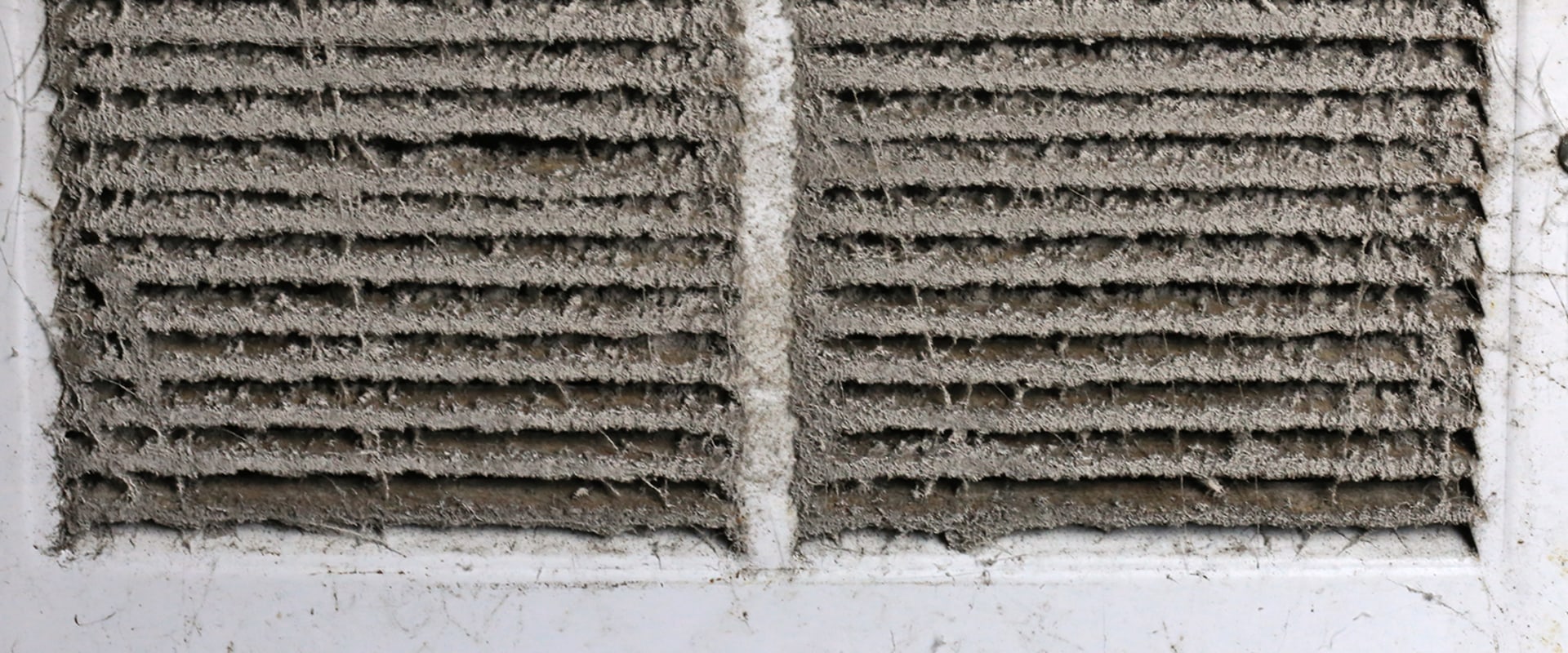Not changing your furnace filter regularly can have a range of negative impacts on your HVAC system, from decreased efficiency and higher energy bills to poor air quality and even system failure. If you haven't been keeping up with this important maintenance step, now is the time to start. When the filter is clogged and can't trap pollutants like it should, those elements can be released into the air that everyone in your home breathes. This can lead to immediate issues such as headaches, itchy eyes or throat, and dizziness.
If the air filters are not changed and the problem persists, the long-term effects could be serious health issues such as respiratory diseases, heart disease, or cancer. If the air filter is not replaced often enough, it will eventually become so clogged that air cannot pass through it. When the furnace is running, the lack of air flow will cause heat to build up in the system. As the temperature inside the system continues to rise, the limit switch will activate and turn off the furnace to prevent it from overheating. This will temporarily solve the problem, but it won't address the root cause. Without a new air filter, the furnace will overheat each time it starts up again.
This is known as a short cycle. Depending on the type of air filter you use, you'll need to follow different programs to ensure that the filter always works optimally. It's important to note that there are high-efficiency filters designed to capture small particles of bacteria, mold, and fungi, but standard MERV 8-11 filters only block the largest dust particles and 26% of hair. Using an air filter with a MERV rating higher than that recommended by the boiler or air conditioner manufacturer can actually impair its performance. In general, filters with a MERV 16 rating or lower are considered suitable for residential, commercial, and general hospital use. Air filters and air conditioning filters work to trap harmful particles such as mold, pet dander, and bacteria that would otherwise contaminate your home's air.
Filters with higher MERV indices trap small particles more effectively than filters with lower MERV indices. The filter is installed in the return duct so that all air entering the furnace must first pass through it. If you haven't changed your home's air filters lately, you should figure out what type of filter you need and replace them as soon as possible. The only type of filter that traps allergens and spores is a HEPA (high-energy particulate air) filter. When air filters are not changed regularly, they become clogged due to the buildup of particles and contaminants that adhere to them.
Typically, most air filter manufacturers and HVAC companies recommend changing the air filter every 90 days or 3 months. Air filters usually have a MERV (minimum efficiency reporting value) that determines what type and size of contaminants the filter will work against. If you're not sure what type of filter you need for your HVAC system or how often you should change it, consult an expert who can help you make an informed decision about what's best for your home. Taking care of your furnace filter is an important part of keeping your HVAC system running efficiently and ensuring good indoor air quality for your family.
